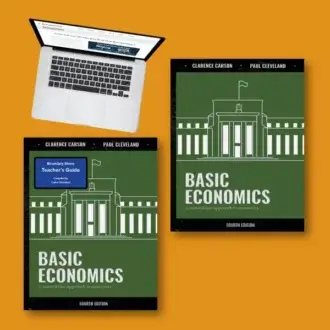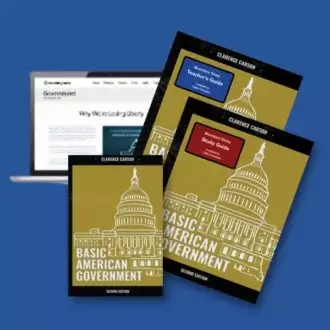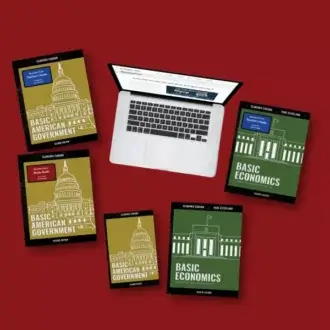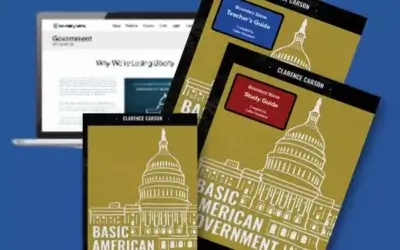The writer of Proverbs warns us against the folly of keeping a common purse with immoral people.[1] This proverb can be applied to how we think about our government’s provision of various goods and services ranging from education to housing to healthcare. Indeed, it is as if we’ve cast our lot into the common purse thinking that we will have more than we would have had by simply handling our own affairs. The problem with thinking this way is that the government does not have any resources to provide any of these things. Simply collecting resources from people to then provide the services does not add anything. In fact, much is lost as the resources are siphoned off in Washington by those who are politically well-connected.
Proverbs suggests that these schemes are foolish because they disregard the warning of Scripture. The reason that it is foolish is that sinful people are motivated to contribute as little as possible to the pool while taking as much as possible from it. In fact, even the individual seeking to live morally by paying for his own goods and services will seek to pay as little as possible in taxes in order to be a good steward of his resources. Thus, once we’ve made redistribution political it is certain that those who are most politically connected and often the most corrupt will be the chief beneficiaries.
Special benefit programs proliferated throughout the twentieth century once the federal income tax was adopted. The original federal income tax code was enacted in 1913. Although the first tax rates were small (the highest marginal rate was initially only seven percent), rates quickly escalated. As government programs proliferated, so too did increases in federal income taxation. From that point forward Washington has become a sort of battleground over what programs would be adopted and over who would ultimately bear the burden of paying for them. The battle over taxes has resulted in a tax code which is incomprehensible even for the most astute. Each successive reform of the tax code has resulted in the imposition of tax penalties on some individuals while establishing privileges for others. Increasingly, rather than equal treatment under the law, the tax code discriminates among the citizens. It should not surprise anyone that people who will be treated with the greatest favor are those who are the most adept at gaining and using political power. In the midst of the expansion of government and taxation those who presume that this is to the benefit of the poor are being utterly naive.
On the spending side, numerous government programs such as corporate and agricultural subsidies, funding of the arts, the erection of trade barriers, and a whole host of other expenditures provide benefits for special interests many of whom are people of considerable means. In addition to spending programs, the government has set up a vast array of regulations which limit an individual’s ability to participate in certain business enterprises. The combination of these factors causes the prices of all products to be higher than they would be otherwise. As a result, people of limited economic means are pressed into lower and lower standards of living as their means are able to purchase fewer and fewer goods. This reduction in opportunity will have its greatest impact among the poorest segments of the society. The end result is the actual oppression of the poor. The worst part of this state of affairs is that such legal plunder is often perpetuated without troubling anyone’s conscience. More problematic is the fact that many Christians not only condone such action, but seek to increase it.
While it is often suggested that government action is needed to provide for the poor, in reality the programs most always act against their interest. The main welfare programs of Social Security and Medicare extend benefits mainly to those who live longer. Namely, those from the middle and upper classes and not the poor since their lives are often shorter than their counterparts. They often die before they can significantly benefit from them. Others are often simply misrepresented from the beginning. Farm programs are aimed at driving food prices higher by restricting production or imposing minimum product prices well above those that would arise in a free market. In addition, other regulations on industry drive prices of products higher. For example, in recent years EPA regulations have driven energy prices ever higher creating an energy crisis similar to that of the 1970s. While some programs provide meager benefits for the poor, they are more than washed away by everything else.
[1] Proverbs 1:10-19







0 Comments